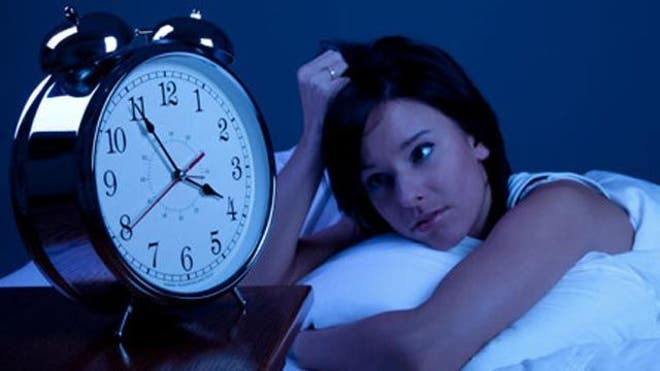
November 4th marks the end of daylight saving time, which means we gain an extra hour of sleep.
Many Americans, however, will still wake up feeling tired and groggy even with the extra hour of sleep.
Almost one third of Americans are sleep deprived and some of the effects from chronic sleep loss (less than 7 hours) are correlated with:
- Obesity in adults and children
- Diabetes
- Anxiety
- Depression
- Substance Abuse
- Cardiovascular Morbidity
Unfortunately, that's easier said than done for many battling this frustrating nightly cycle.
Follow some tips below, to help you get more quality sleep and reverse the cycle.
Keep weekend sleep schedules same as weekday schedules
For some, the weekend means being able to sleep in. When trying to combat chronic sleep loss, this could have poor effects on improved sleep cycles.
Some studies have shown that avoiding the weekend catch-up sleep and keeping to weekday sleep schedules, gradually improved sleep loss cycle and also improved work performance and attention span during the week.
Turn it off
With increased access to computers, tablets and smartphones; there has been a derease in quality of sleep. The blue light produced from these gadgets can interrupt nighttime production of melatonin - the hormone that promotes sleep.
An hour before going to bed, turn off all gadgets and any room lighting that is not necessary.
When going to sleep, make sure there is no light coming in from windows or even alarm clocks (face the alarm clocks away from you)
Limit caffeine
This will vary with each individual, but there is no doubt that caffeine interrupts not only normal sleep cycle, but the ability to fall asleep. This doesn't mean you should avoid caffeine (although going on a caffeine sabatical from time to time is a great idea!), simply cut back on your intake after 3pm.
Create a bedtime ritual
This isn't just for kids! You should set a time - every night - that YOU will begin to get ready for bed and you should do it consistently. Some times, beginning this ritual an hour before you will actually go to sleep, will allow brain/body to prepare for sleep. Brushing your teeth, washing your face, grabbing a book, dimming the lights - whatever you choose to do to prepare brain/body for sleep, do this each and every night. Before long, your brain/body will get in automatic mode.
Exercise (or not)
For some, if it's close to bedtime, exercise will send them to slumber land much easier. For others, it has the opposite effect. If you know that your exercise routine close to bedtime wreaks havoc on your sleep cycle - change the time you exercise. Figure out what works or doesn't work for you and adhere to it!
Sleep priority
Chronic sleep loss will, eventually, catch up and cause health issues. Make it a priority in your life to get enough sleep consistently.
Your text messages, your facebook friends and the cleaning can wait until the following day. Once you make sleep a sincere priority, you will be amazed at the results!
Sources:
Pubmed
NCBI
JAMA
No comments:
Post a Comment